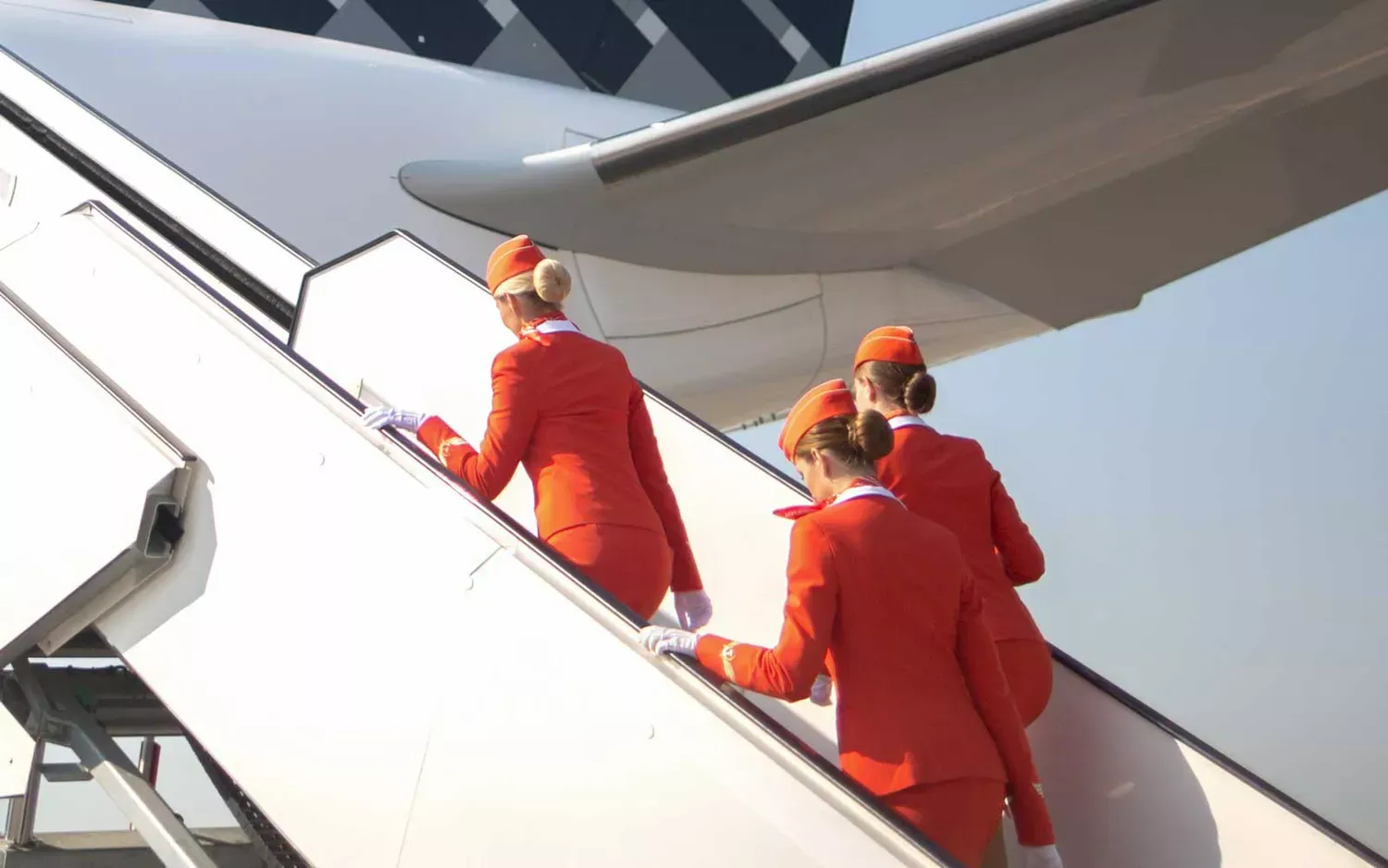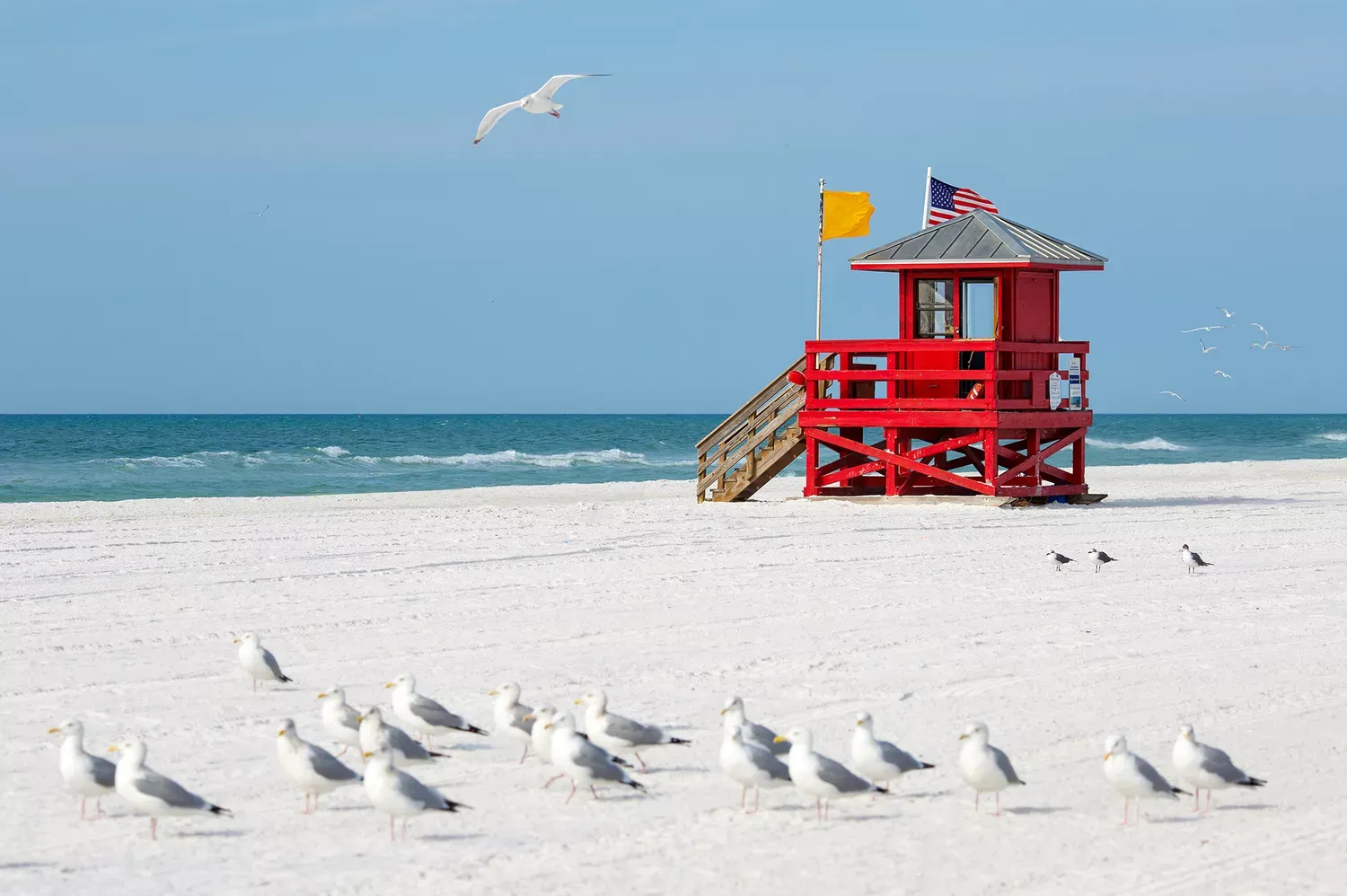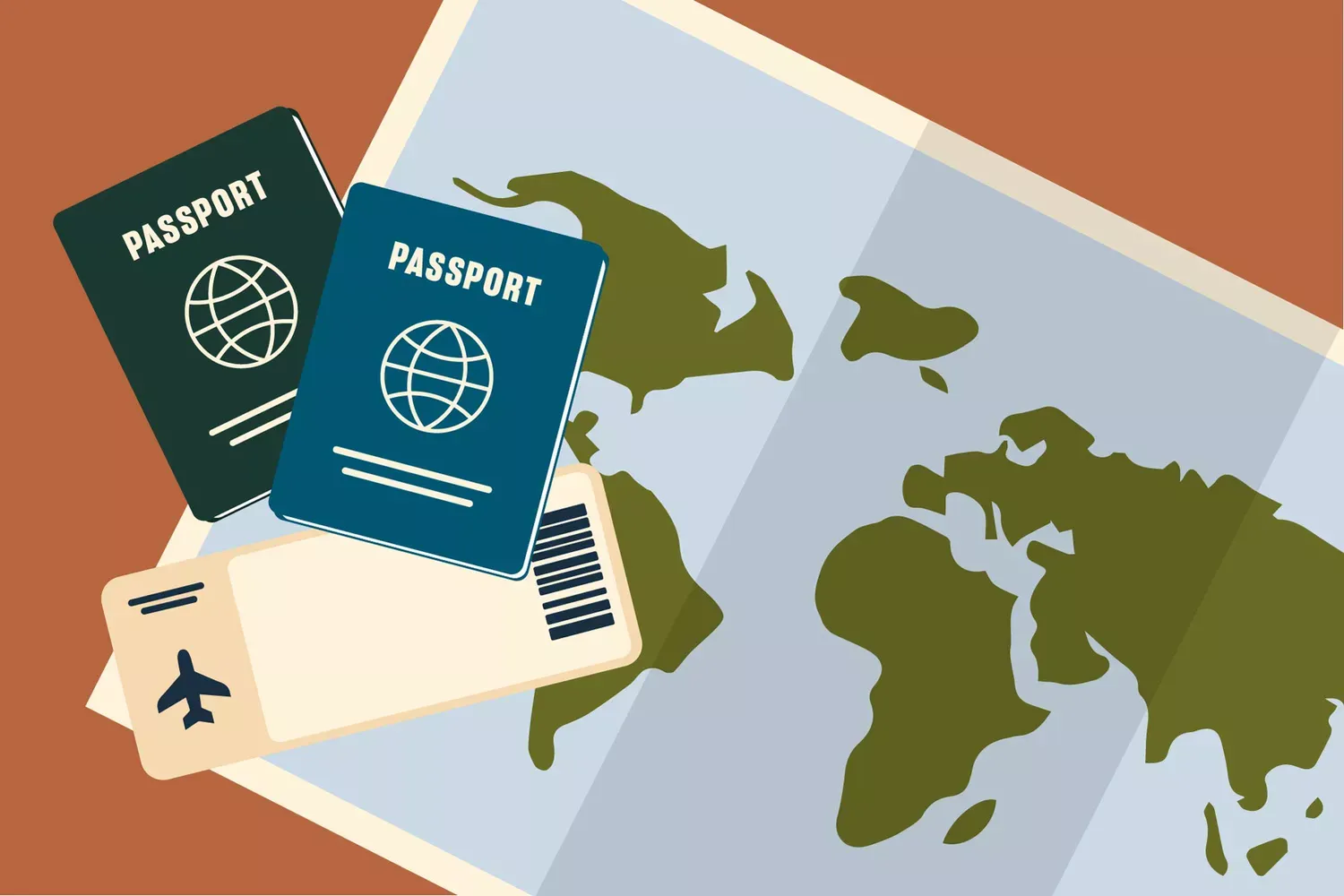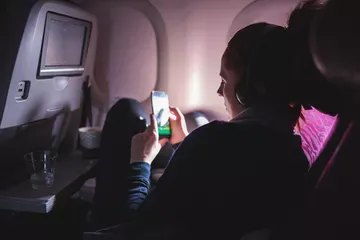
Ever wondered what flight attendants are whispering? They use secret language, seemingly innocuous phrases, to communicate discreetly about passengers or situations. This could involve alerting colleagues to a potentially problematic passenger, sharing information about customer service needs, or subtly indicating cabin issues impacting the flight experience, all without alarming other passengers. This onboard communication system ensures a smooth and safe travel environment.
Deciphering the Code: Beyond "Coffee, Tea, or Me?"
This isn't some elaborate conspiracy, but rather a practical necessity. In the confined, noisy environment of an airplane, clear and discreet communication is paramount. Whispered phrases, hand gestures, and even strategic glances replace shouting across the cabin. Here's a glimpse into the hidden vocabulary of flight attendants:
One of the primary functions of this secret language is efficiency. Imagine the chaos if a flight attendant had to loudly announce to the entire plane, "We're low on orange juice, tell row 25 to switch to apple!" Instead, a quick, coded message relays the information to the appropriate colleague without causing alarm or unnecessary questions.
Decoding the Signals: A Table of Common Flight Attendant Codes
While much of the specific jargon varies from airline to airline, certain themes and signals are universal. Below is a table outlining some of the common codes used by flight attendants:
Code/Signal |
Meaning |
Context |
|---|
"Code Adam" |
Missing child. |
Initiates a search protocol on the aircraft and alerts ground staff. |
"Last Minute Paperwork" |
A delay is expected due to maintenance or other issues. |
Used to prepare passengers for a potential hold-up without causing unnecessary anxiety. |
"Blue Juice" |
Water used in the lavatories. |
Alerts other crew members to potential spills or maintenance issues related to the lavatory system. |
"Crotch Watch" |
A quick scan of passengers' seatbelts. |
Conducted before takeoff and landing to ensure everyone is properly secured. |
Galley Gossip |
Informal communication between crew members, often concerning passenger behavior or potential issues. |
This allows crew to stay aware of events happening in different parts of the cabin. |
Using specific finger gestures to indicate the row number or seat letter |
Discreetly relaying passenger seat locations for service or information. |
Helps ensure smooth delivery of meals, drinks, and assistance to the correct individuals. |
Why the Secrecy? Safety and Control
The need for a secret language boils down to two crucial factors: safety and control. A flight attendant might need to communicate about a disruptive passenger, a medical emergency, or a potential security threat without alarming other passengers or escalating the situation. Using coded language allows them to discreetly alert the captain and other crew members, enabling them to respond quickly and effectively.
Imagine a scenario where a flight attendant notices suspicious behavior from a passenger. Instead of shouting, "That man is acting strangely!", they can subtly signal to a colleague to observe the individual and report back to the captain. This quiet communication allows for discreet monitoring and intervention, preventing potential problems before they arise.
More Than Just Words: Body Language and Subtle Cues
Beyond verbal codes, flight attendants also rely heavily on non-verbal communication. A seemingly innocent glance, a subtle nod, or a specific hand gesture can convey a wealth of information. These subtle cues are often used to signal potential problems, request assistance, or simply acknowledge a colleague's presence without disrupting the cabin environment.
For example, a flight attendant might use a particular hand gesture to indicate that a passenger requires special assistance, or a raised eyebrow to signal that a situation needs further investigation. These non-verbal cues are often so ingrained in the crew's routine that they become second nature, allowing for seamless communication without the need for lengthy explanations.
The Importance of Training and Teamwork
The ability to understand and utilize this secret language is a critical part of flight attendant training. Airlines invest significant resources in teaching their crews the specific codes and signals used on their flights. This training, combined with strong teamwork and a shared understanding of safety protocols, ensures that flight attendants are well-equipped to handle any situation that might arise.
So, the next time you're on a flight, pay close attention to the interactions between the flight attendants. You might just catch a glimpse of their secret language in action, revealing the hidden world of communication that keeps them, and you, safe and comfortable in the skies.


















